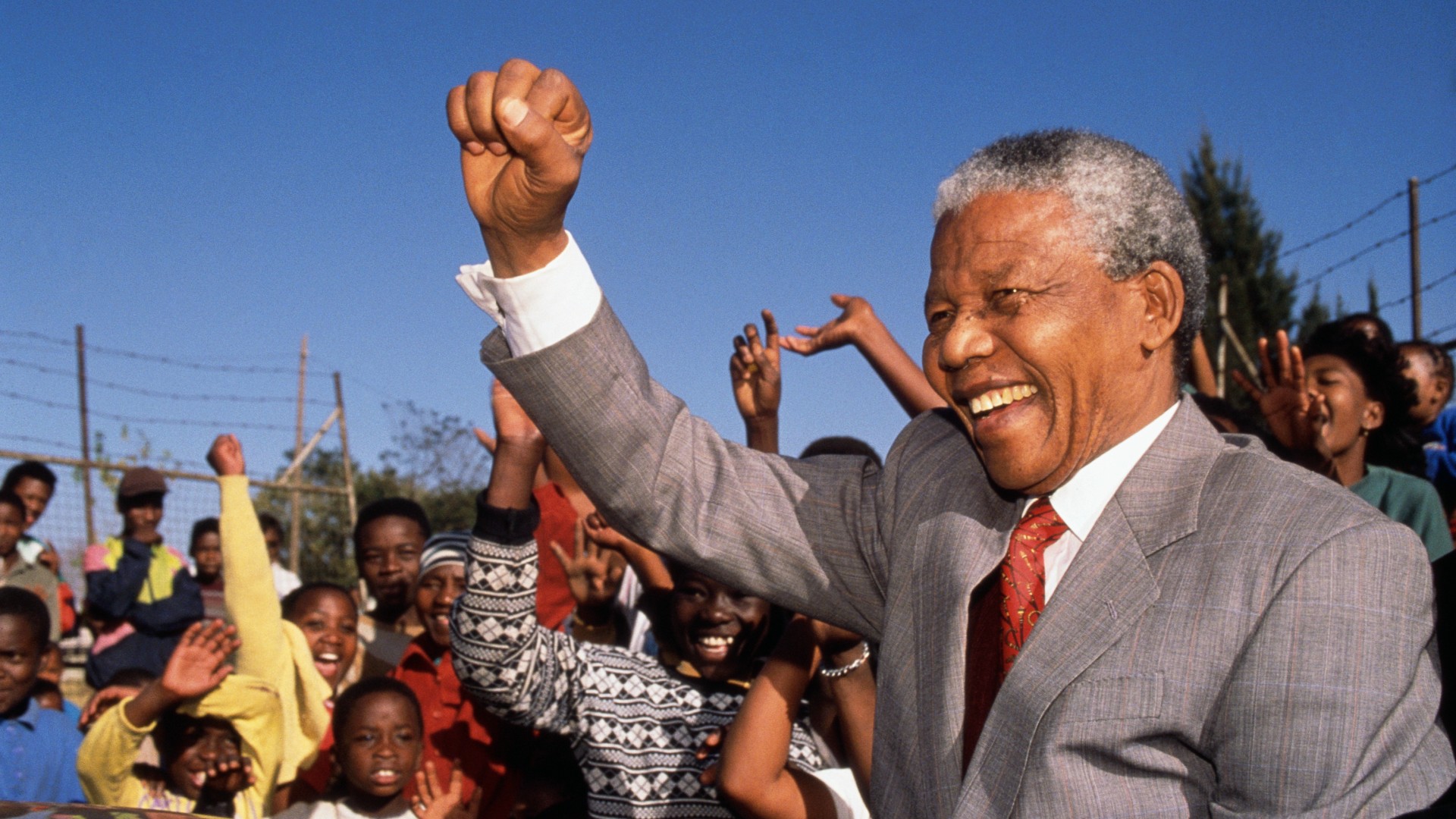
What is the Mandela effect? And have you experienced it?
Is it evidence of the existence of parallel universes?

Nobody's memory is perfect. For instance, do you think that Stouffer's Stove Top Stuffing existed? Or that there was a children's book series called "The Berenstein Bears?"
In reality, neither of these references are spot-on. Stouffer's never made a stove top stuffing, and the books are actually known as "The Berenstain Bears." But if you got these details wrong, don't feel too bad — a 2020 memory study in the journal Psychological Science found that, when asked to recall information, 76% of adults made at least one detectable error.
Although the memory accuracy of the study’s participants was generally "very high," with around "93-95% of all verifiable details" being correct, the research highlights that a person’s memory is not infallible. Things that never happened, or events that have become muddled over time, can, in one's head, become real, and knowledge can become distorted or confused.
This is the foundation of the "Mandela effect."
Related: Does subliminal messaging really work?
The Mandela effect is when many people believe that something happened when, in reality, it never did. These groups are adamant that they can remember an incident or specific experience, even when it is demonstrably incorrect.
The name refers to a mass false memory involving numerous people admitting to remembering Nelson Mandela dying in prison during the 1980s. In fact, Nelson Mandela died at his home in 2013.
Sign up for the Live Science daily newsletter now
Get the world’s most fascinating discoveries delivered straight to your inbox.
The term was coined by Fiona Broome, a self-proclaimed "paranormal consultant," after she became aware that other people shared her recollection of Mandela dying while incarcerated.
The Mandela effect is now used to describe a collective false memory that, though false, has become real in the minds of many.
Generally, these memories are based in popular culture. Two of the most widely recognized examples involve people misremembering the color of a packet of a particular flavor of snack, or believing that the show "Looney Tunes" was actually called "Looney Toons."
So, why does this happen? Why is it that people who have never met can share the same misconception?
"The Mandela effect seems to be closely related to a number of well-known memory phenomena," said Tim Hollins, a professor of experimental psychology at the University of Plymouth in the U.K.
Hollins named three similar types of memory-related phenomena: "false memory," which is the creation of a memory that didn't happen; "source-memory errors," which is when someone forgets the true source of a memory; and "imagination inflation," which is the tendency to believe something is real the more often, or the more vividly, it is imagined.
Hollins also pointed to a several social elements as examples of how fallible our memories can be, such as the "Asch conformity," which is when people conform to a view in order to fit in with a group, and the "misinformation effect," which describes a tendency for people's memories to alter based on subsequent learnings or experiences.
However, Hollins believes the phenomenon that most closely aligns to the Mandela effect is that of "gist memory," which is when someone has a general idea of something but can't necessarily remember the specifics.
"It is relatively easy to explain how many people could come to the same errors of memory, even if entirely independently," Hollins told Live Science. "For instance, many appear to be 'gist memories' adapted to fit people's existing beliefs or knowledge."
A common example of the Mandela effect relates to "Curious George," a children’s book character that first appeared in the 1940s, and his lack of a tail.
"Remembering Curious George as having a tail just reflects the fact that most monkeys have tails," Hollins said. "If you just remember the gist — it's a monkey — why wouldn't you remember him having a tail?"
Related: Why do chimpanzees throw poop?
However, while various explanations for the effect exist, and though there is evidence that our memories are not entirely accurate and can alter over time, some who have experienced the Mandela effect are convinced it is actually evidence of the existence of parallel universes.
Hollins believes this is a case of certain people being unwilling to admit when they are wrong.
"People do tend to over-believe their own memories, even when faced with the evidence," Hollins said. "Perhaps it's a form of ego-protection or cognitive dissonance."
Hollins said that people choose to believe their mistaken memory is evidence of parallel universes to "explain" how they can simultaneously consider themselves to have a strong memory, while being confronted with evidence to the contrary.
So, is there any chance that the Mandela effect could be evidence of parallel universes?
"No. It's nonsense," Hollins concluded.
Originally published on Live Science.

Joe Phelan is a journalist based in London. His work has appeared in VICE, National Geographic, World Soccer and The Blizzard, and has been a guest on Times Radio. He is drawn to the weird, wonderful and under examined, as well as anything related to life in the Arctic Circle. He holds a bachelor's degree in journalism from the University of Chester.









